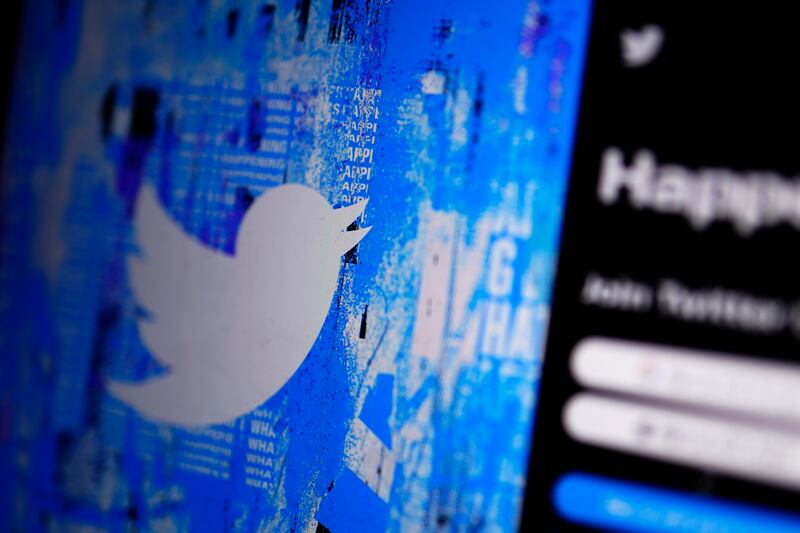Elon Musk, Tesla CEO and the world’s richest person, dropped an early morning tweet Tuesday declaring that his $44 billion offer to buy Twitter was on hold until the company verified how many of its accounts track back to automated spam generators or bots.
While Twitter has estimated the number of fake accounts in the range of 5% in multiple filings with the Securities and Exchange Commission, the company has also stipulated that the number could be larger. Musk has seized on the fake accounts issue, citing other assessments that have pegged the number of nonhuman users as high as 20% and demanding that Twitter CEO Parag Agrawal verify the data.
Some experts believe Musk could have easily handled the question in the regular course of deal communications but, as Twitter’s stock value has dropped by some 20% since he debuted the offer on April 14, is grandstanding on the fake account issue as a way to potentially get out of the deal or reduce his offer.
What’s the latest? Analysts believe Musk is using allegations that Twitter’s user base has more bots than the company claims to either back out of the deal or negotiate down a price, especially now that Twitter’s stock price has plummeted amid a broader market downturn, per Axios.
In a statement released Tuesday morning after the Musk tweet, Twitter announced it had filed a proxy document with the SEC outlining details of the deal and noted the company remains “committed to completing the transaction on the agreed price and terms as promptly as practicable.”
What else Twitter has to say: On Monday, The Wall Street Journal reported on Agrawal’s defense of his company’s efforts to fight spam.
“First, let me state the obvious: spam harms the experience for real people on Twitter, and therefore can harm our business,” Agrawal said as part of a series of posts on Monday. “As such, we are strongly incentivized to detect and remove as much spam as we possibly can, every single day. Anyone who suggests otherwise is just wrong.”
He said Twitter suspends more than half a million spam accounts a day and locks millions of accounts suspected of being fake weekly if they can’t be verified by humans, according to the post.
Not all bots are bad: Fake or spam accounts, often called bot accounts, are automated and not run by humans. CNBC reports it’s worth noting that automated Twitter bots, which are programmed to tweet set things at set times, can be good or bad and Twitter doesn’t ban them all from the platform.
Per CNBC, Agrawal, a software engineer, said that Twitter’s spam estimates are based on multiple human reviews of thousands of accounts that are repeatedly sampled at random over time.
He said it’s not possible for external groups to calculate the exact number of spam accounts on the platform because it requires both public and private information that Twitter can’t share.


